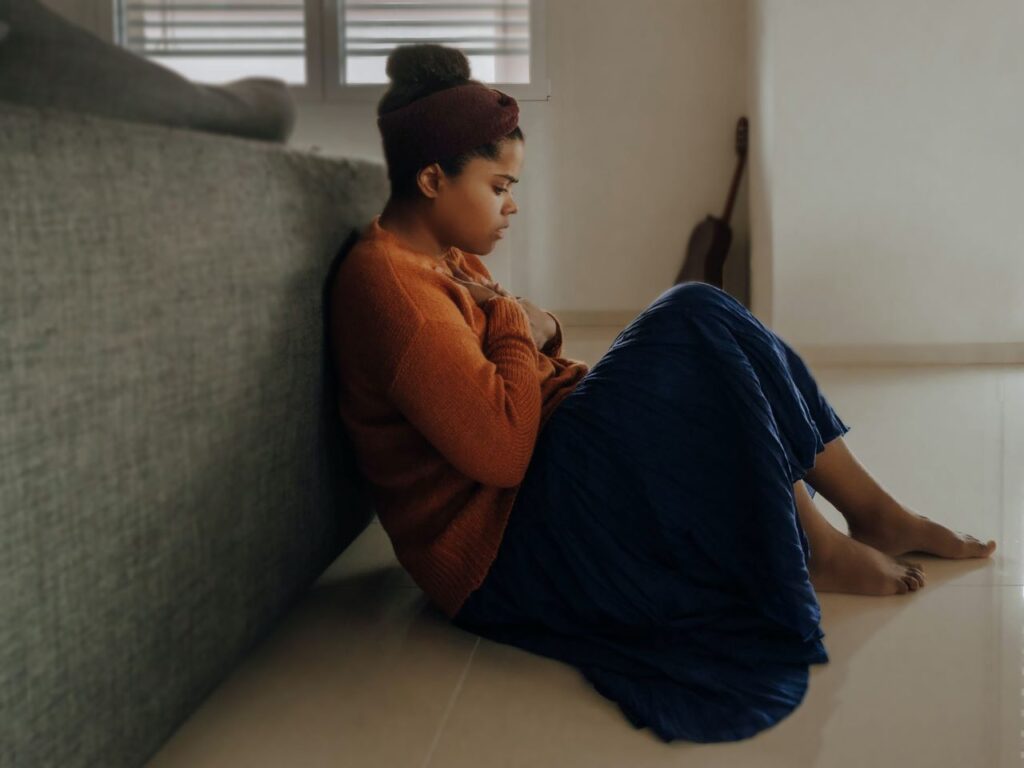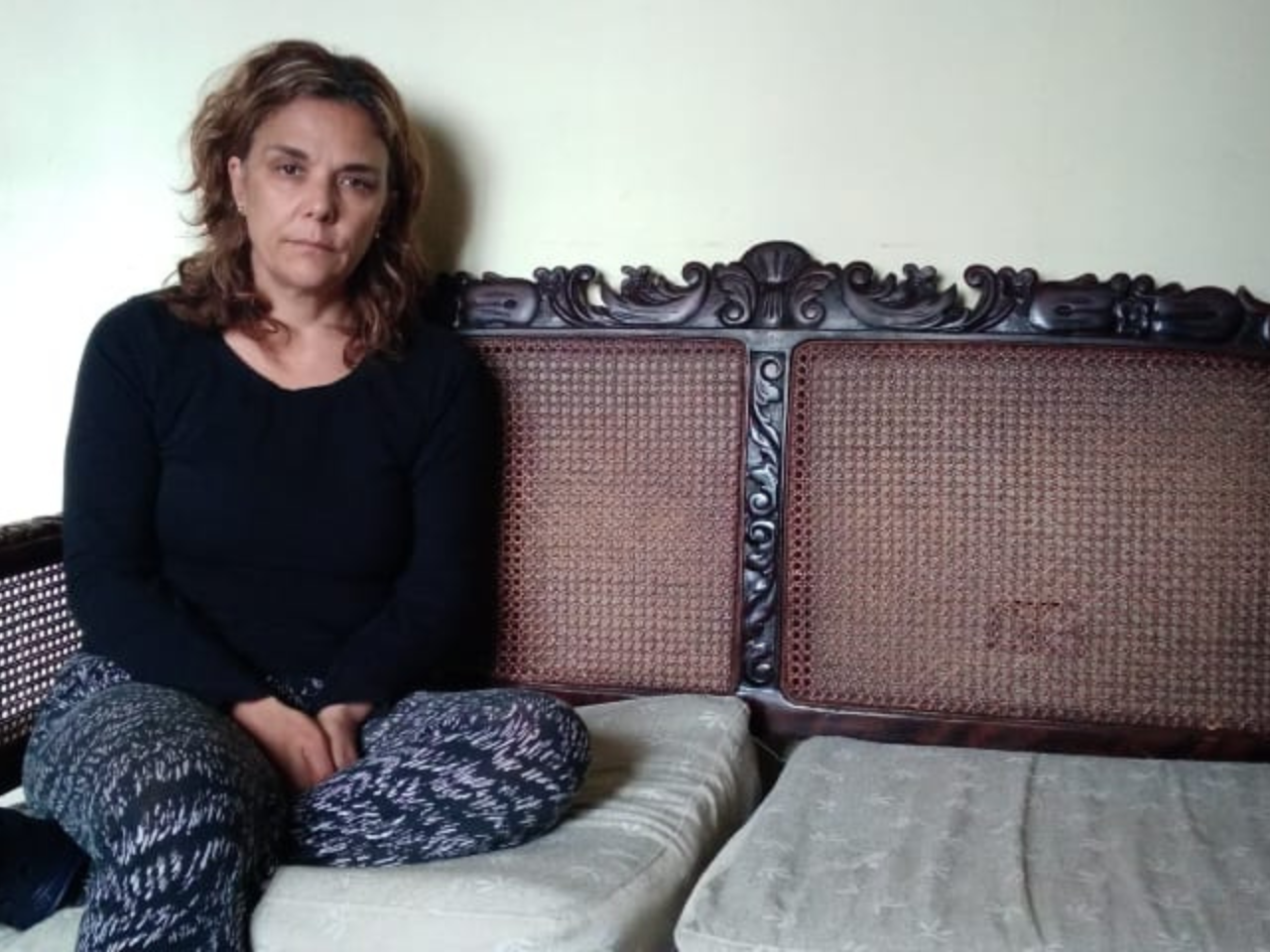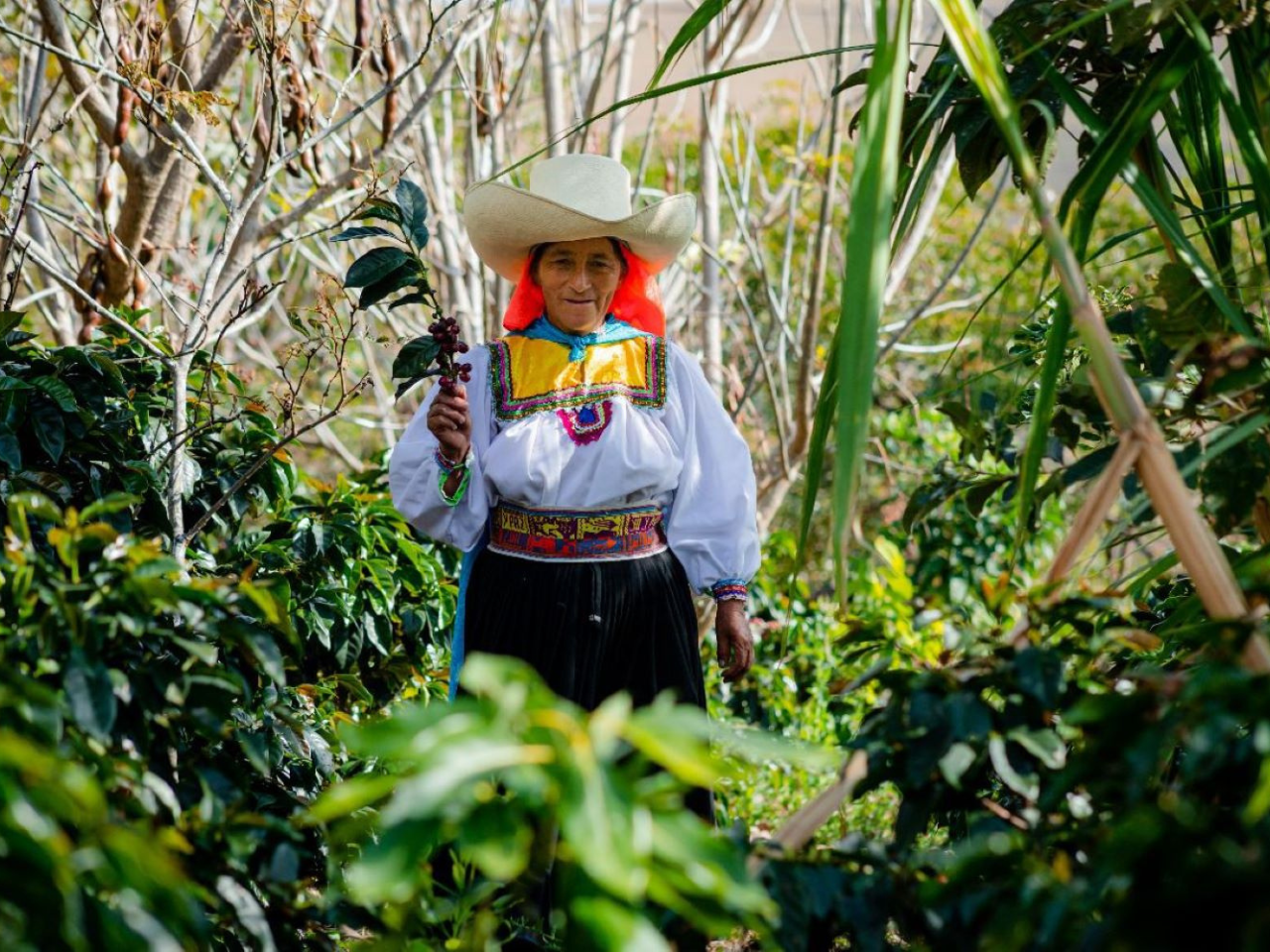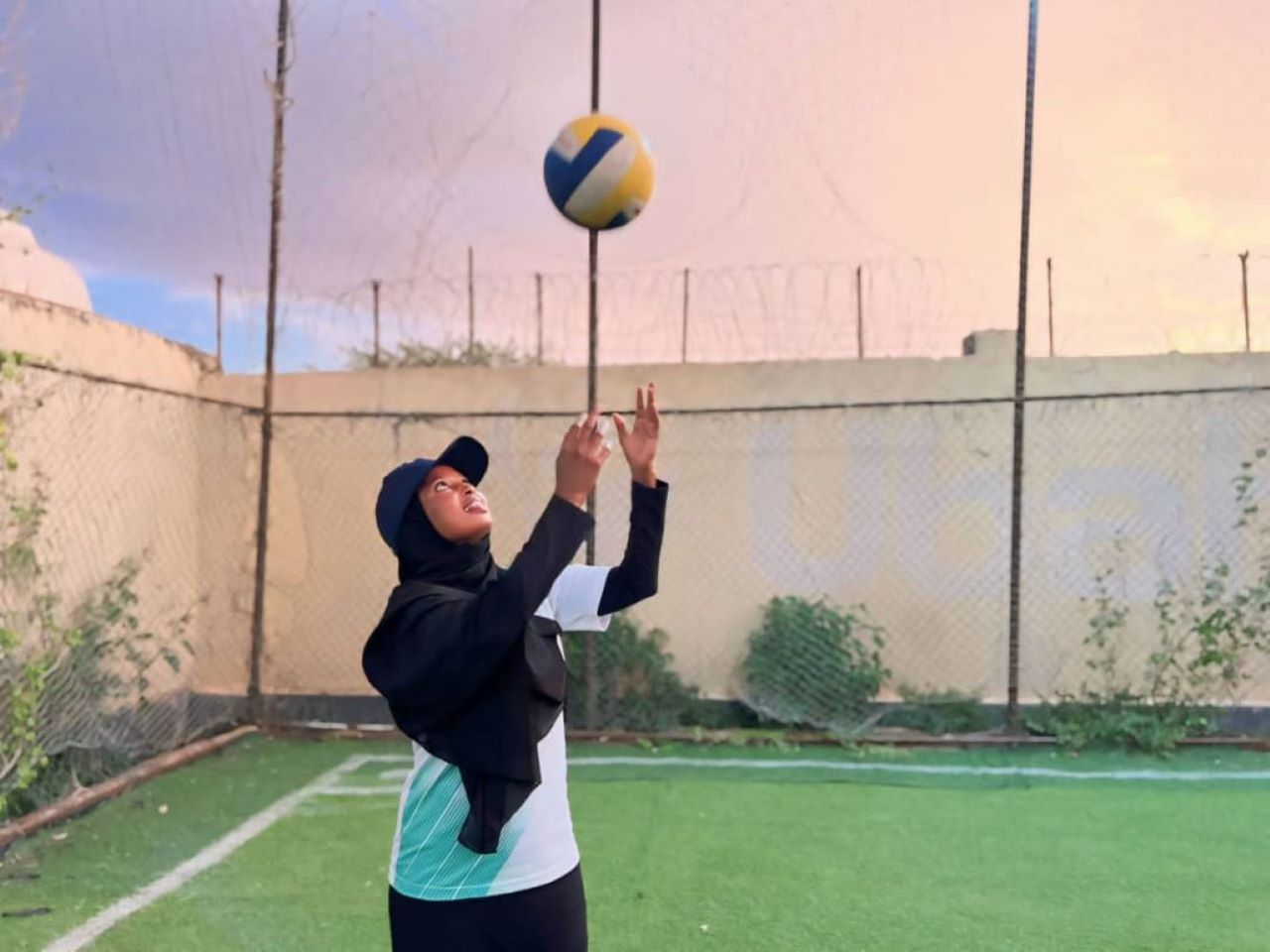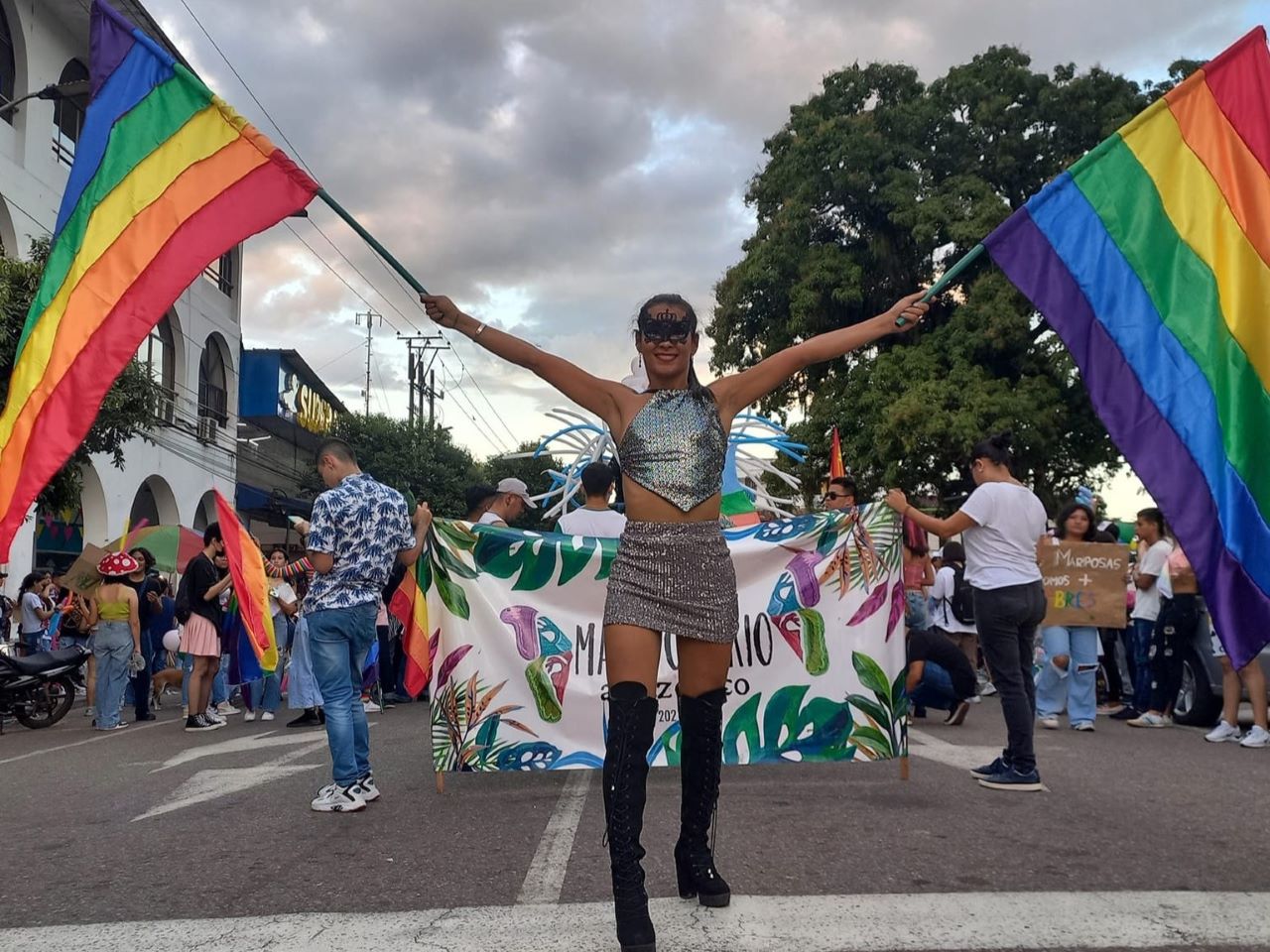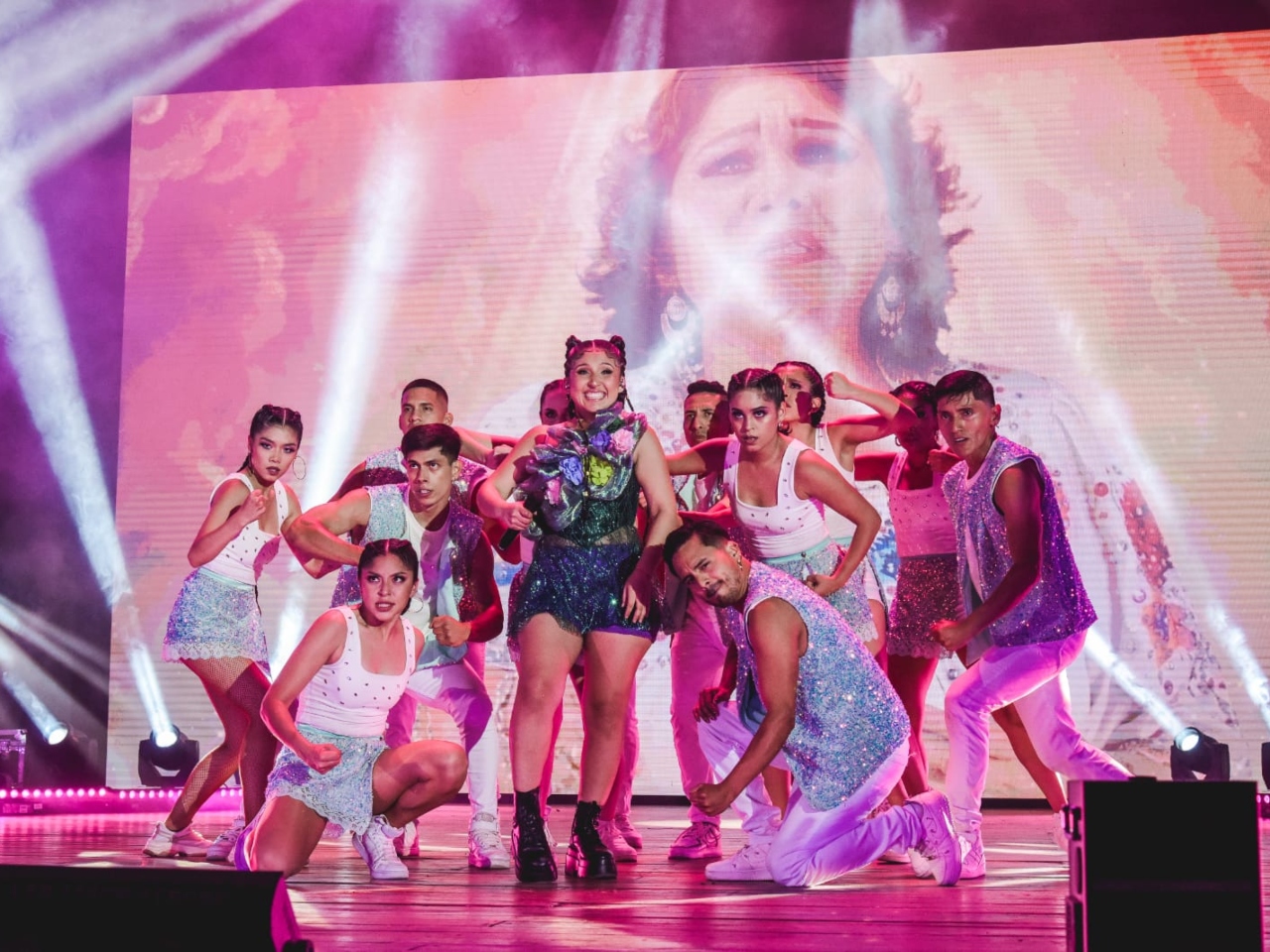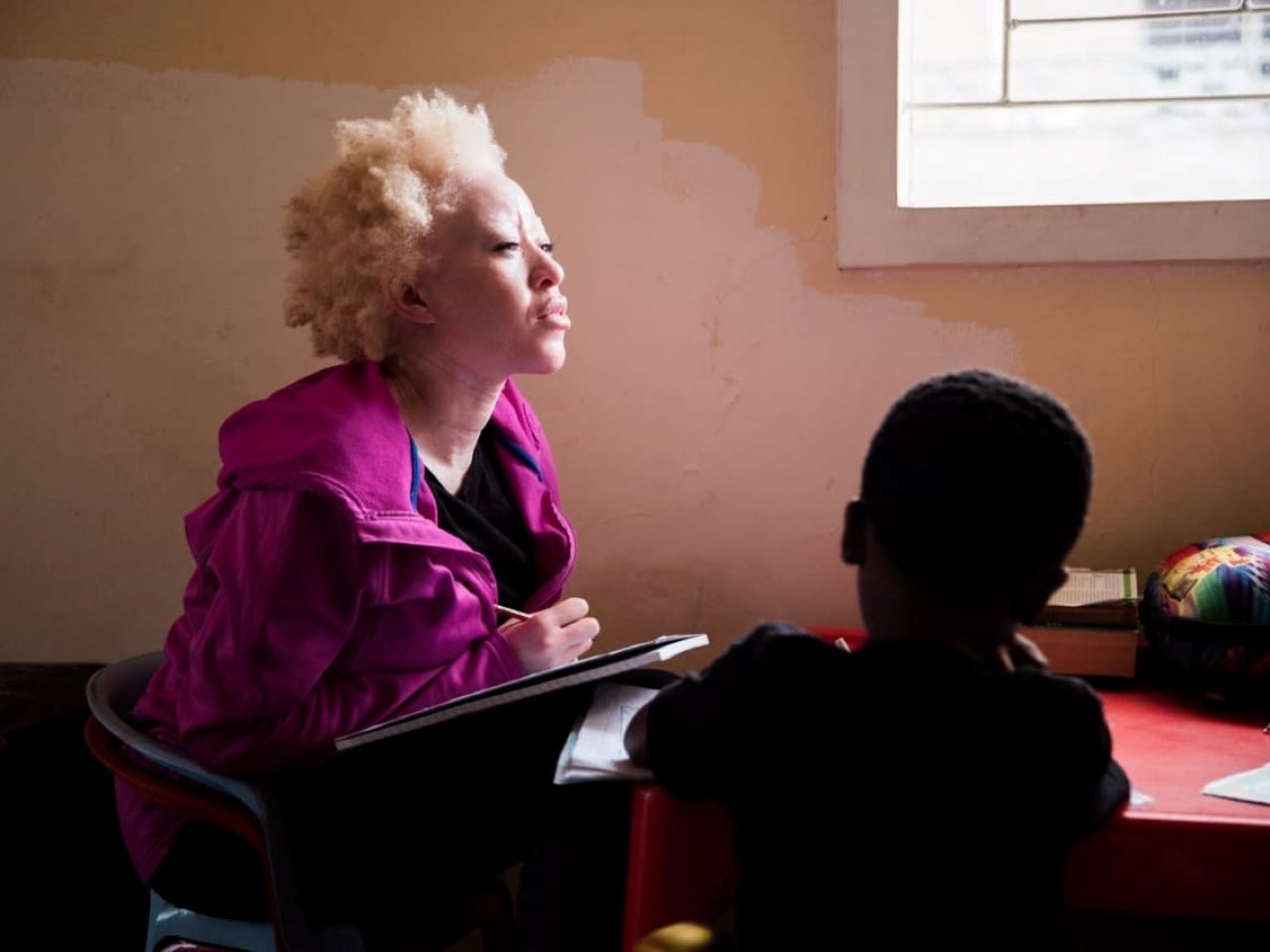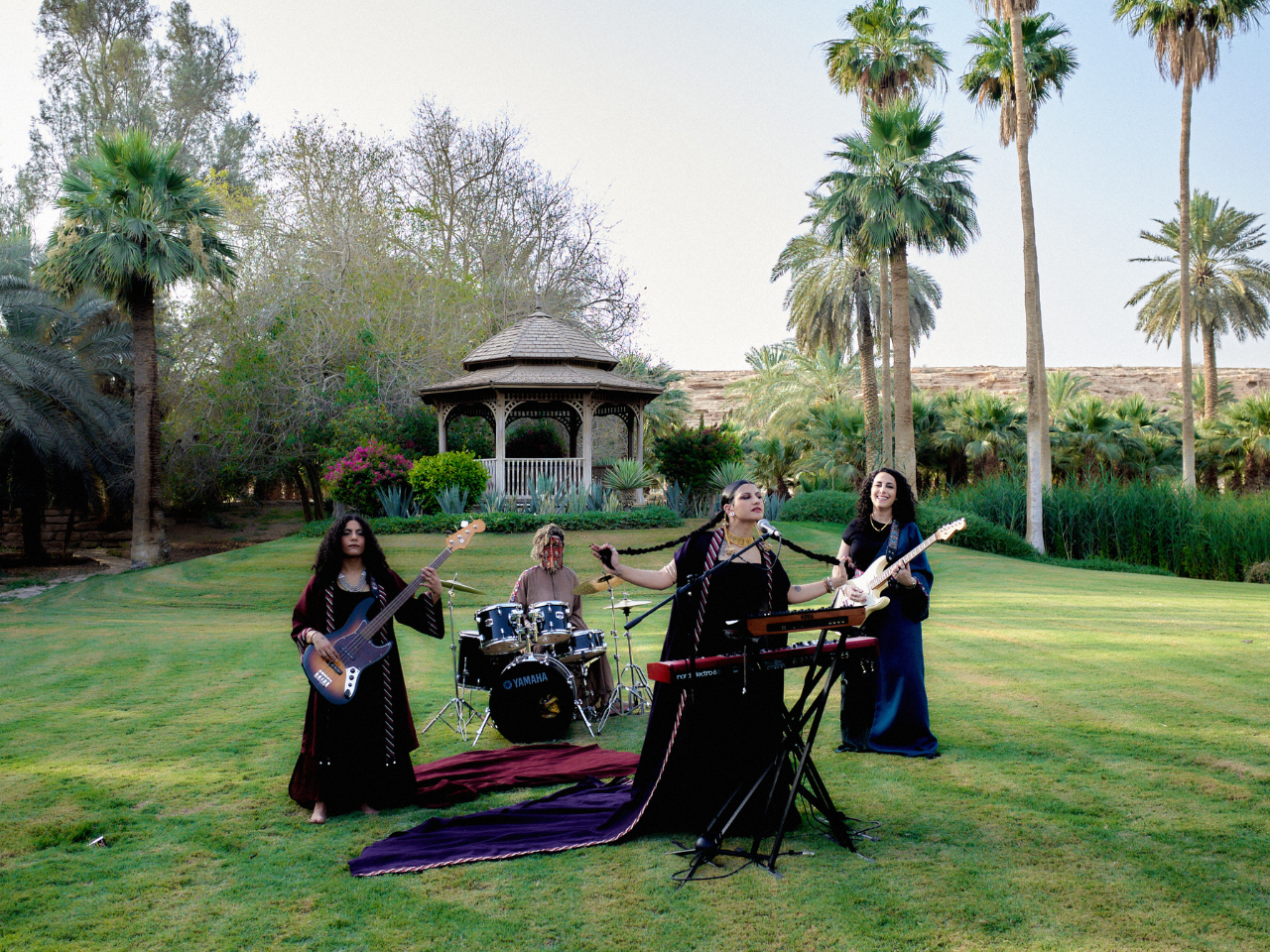In Zimbabwe, my husband expected a male heir but when I continually birthed girl children, he began beating me
During an episode, he punched me in the stomach and dragged me by the hair to the bathroom where he submerged my face in a tub filled with water.
- 2 years ago
January 16, 2024
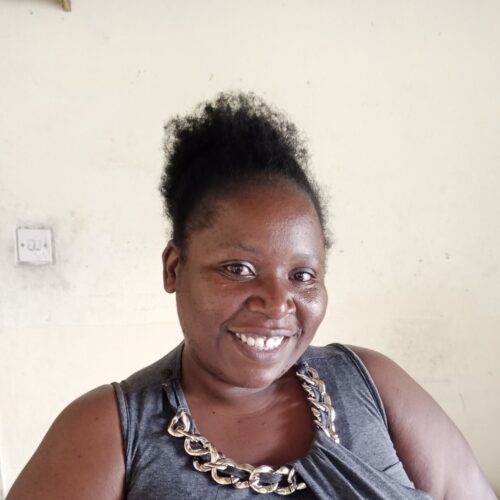
HARARE, Zimbabwe ꟷ In my country and in much of Africa, women often stay in abusive marriages out of fear. They fear their abuser and gossip in communities. Divorced women, single mothers, and widows face stigmatization, sometimes leading to death when they remain in the toxic cycle of abuse. Financial dependence and a legal system which subjugates them makes seeking separation difficult.
In the home where I lived with my five daughters, we shared laughter when my husband was away. Yet, when the bell rang, announcing his return, the atmosphere changed. Instantly, I experienced body aches and heart palpitations. Fun time was over and a hush settled over the house.
It felt stuffy and unbearable inside as the verbal abuse ensued. Without some miracle, his actions often turned physical. I never knew what might set him off. Something as little as a late meal meant pain for me. My crime: the inability to bear a male child.
Read more stories of abuse at Orato World Media.
The beatings began when a scan showed the gender of my baby
In our first years of marriage, my husband seemed okay with having only female children, but during my third pregnancy, life turned dark. After a gender test, an intense anger grew inside him. I watched him transform into a different person.
Social pressures to birth a male child to bear the family name arose. I often wondered, “Are his colleagues pushing him on the question of his legacy? Are they telling him this is a curse?” Soon, the name calling began. He threw words at me like “barren” and “useless.” My husband said seeing other men with their heirs made him sad; my girls would never be enough. Then, the physical assaults began.
In order to maintain his persona as an upstanding man, the abuse was covert at first. He hurt me in ways that avoided physical marks and scars. Then, one day while I was pregnant, he nearly killed me. During an episode, he punched me in the stomach and dragged me by the hair to the bathroom where he submerged my face in a tub filled with water.
Plunging my face down repeatedly served as a haunting reminder; he could drown me at any time. He also used starvation as a tool. At times, he forced me to eat less or nothing at all – despite the fact that my job was to cook for him and the children.
Without no evidence of my suffering, I had nothing to take to the authorities. The few times I spoke up, people accused me of trying to abandon my marriage. At the clinic, I lied about the cause of my stomach pains and took pills to numb myself. The accusations made against me silenced my voice and destroyed my mental health.
Scars from abuse are not a badge of honor
As my condition deteriorated, I began experiencing mental breakdowns in front of my children. Soon, the doctors put me on medication. In time, I blamed myself, thinking my inability to bear a male child was a disability. In desperation, I kept having kids until I bore five girls. I wanted to keep going – to have seven children – just to please my husband. Even when he beat me, I allowed for intimacy, hoping to get pregnant and give him a boy.
The day he beat me in front of my eldest child left her traumatized for life. My daughters witnessed and endured the abuse alongside me. In my fight to keep my husband, I forgot my children needed a father and a good role model. I forgot that tolerating abuse made them believe abuse is acceptable.
Although I had nowhere to go, I summoned the courage to speak to other women. Sadly, they encouraged me to stay. ‘’Every man is like this,” they told me. “Be more understanding.” When they invalidated my suffering, my heart sunk. Some of those women saw scars as a badge of honor and abuse as a form of love. I saw men who loved and protected their spouses; I knew not all men were like this.
When I finally found the courage to walk away, I felt fortunate to be alive. All my efforts to make my marriage work failed and I could not sit around, waiting to be abused or discarded. While it took time to become financially stable and emotionally healthier, somehow, I made it. I worked hard and built a better life for me and my daughters.
I wish I left earlier, and today, the nightmares and bitter memories haunt me, but I did something incredible. Scars are not a badge of honor. The strength to walk away is the true badge and I wear it proudly.

